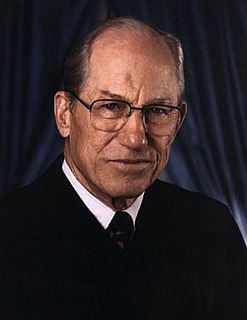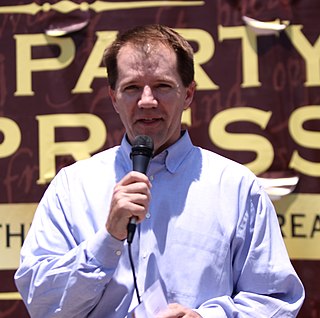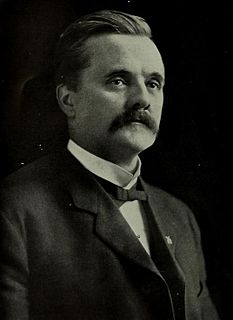A Quote by Robert Bork
The notion that Congress can change the meaning given a constitutional provision by the Court is subversive of the function of judicial review; and it is not the less so because the Court promises to allow it only when the Constitution is moved to the left.
Related Quotes
Of course, such judicial misconstruction theoretically can be cured by constitutional amendment. But the period of gestation of a constitutional amendment, or of any law reform, is reckoned in decades usually; in years, at least. And, after all, as the Court itself asserted in overruling the minimum-wage cases, it may not be the Constitution that was at fault.
If, even as the price to be paid for a fifth vote, I ever joined an opinion for the Court that began: 'The Constitution promises liberty to all within its reach, a liberty that includes certain specific rights that allow persons, within a lawful realm, to define and express their identity,' I would hide my head in a bag. The Supreme Court of the United States has descended from the disciplined legal reasoning of John Marshall and Joseph Story to the mystical aphorisms of the fortune cookie.
The Court's decision reflects the philosophy that judges should endure whatever interpretive distortions it takes in order to correct a supposed flaw in the statutory machinery. That philosophy ignores the American people's decision to give Congress '[a]ll legislative Powers' enumerated in the Constitution. They made Congress, not this Court, responsible for both making laws and mending them.
While the president is to nominate that individual [to Supreme Court], we in the Senate must provide our advice and consent. This function is not well-defined. The Constitution does not set down a road map. It does not require hearings. In fact, it does not even require questioning on your understanding of the Constitution nor the role of the Supreme Court.
Americans revere both the Constitution and an independent Court that applies the document's provisions. The Court has done many excellent things in our history, and few people are willing to see its power broken. The difficulty with all proposals to respond to the Court when it behaves unconstitutionally is that they would create a power to destroy the Court's essential work as well.
To be true to its constitutional role, the Supreme Court should refuse to be drawn into making public policy, and it should strike down legislation only when a clear constitutional violation exists. When judicial activists resort to various inventions and theories to impose their personal views on privacy and liberty, they jeopardize the legitimacy of the judiciary as an institution and undermine the role of the other branches of government.

































